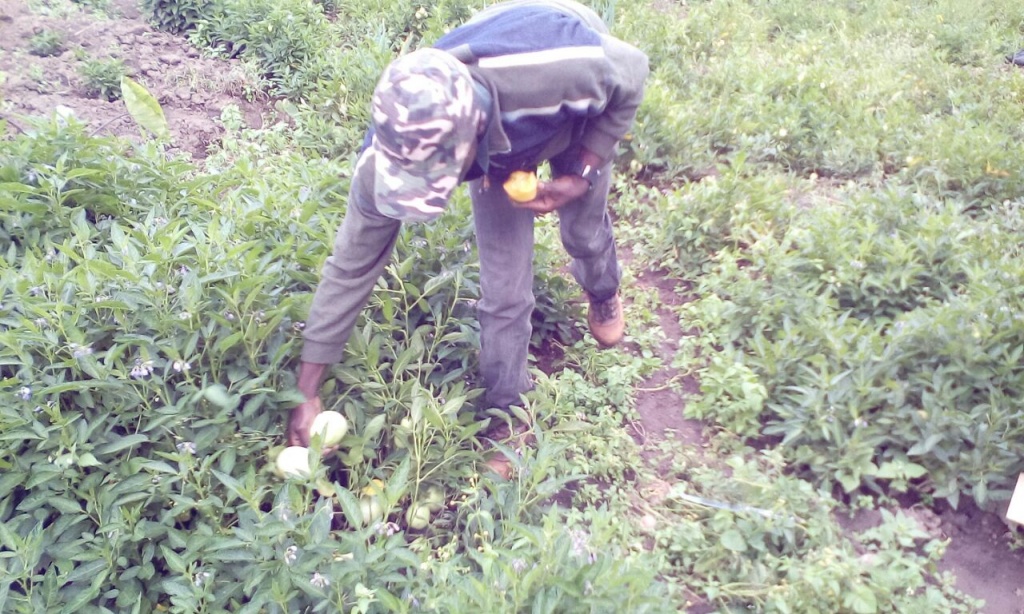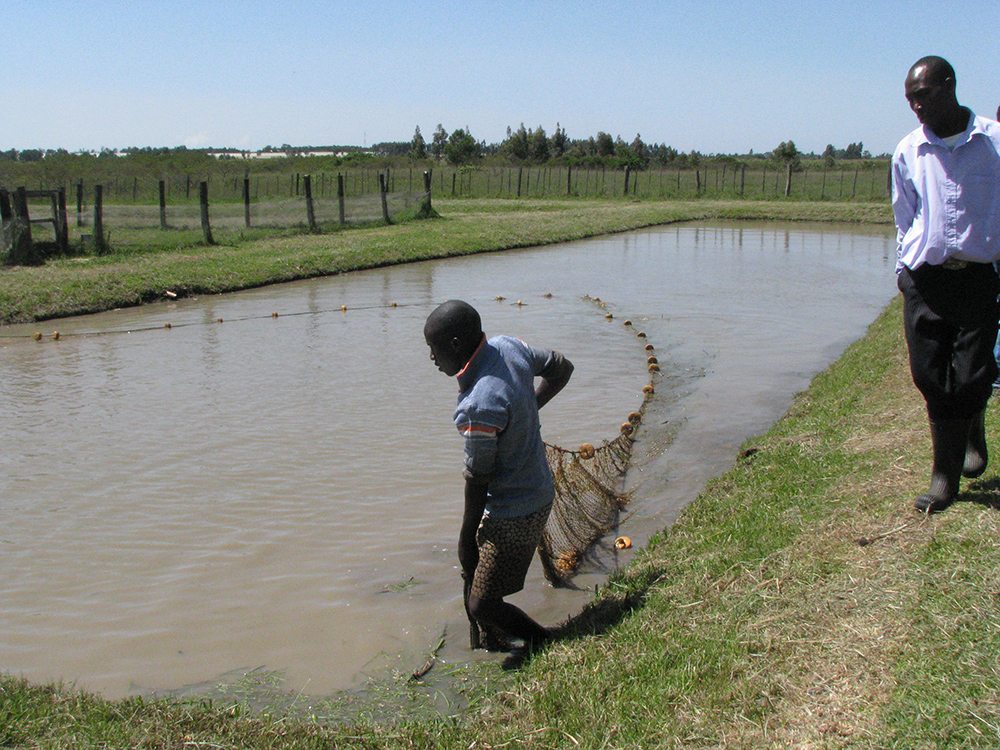From an initial investment of Sh75, 000 a farmer investing in one acre of pepino melon farming is capable of making Sh295, 000 within three months.
The amount is three times higher than a farmer who plants maize and harvests an average of 30 bags per acre with each bag retailing at Sh3, 000. A farmer investing in the melons would also earn income in three months as compared to maize which take about six months to mature.
The initial amount would be used to purchase 4900 seedlings at the cost of Sh100 per seedling. The rest would be used for land cultivation and paying casual laborers.
Related content
Accountant’s job or pepino melons; melons earn more
Nyeri farmer earns Sh50, 000 in a week from selling pepino melon seedlings
Siaya banker earns Sh83, 000 a month from fruit seedlings side-hustle
The pepino melon plant is a perennial with a lifespan of four and half years, propagated from cuttings, and typically planted at a space of three by three feet. It can grow to a height of 1.2 meters when fully matured. The melon does well in drained and fertile soils but it does also well in other types, and only needs support to keep fruits above the ground. The plants yield fruits after three months.
An acre can support some 4900 sticks and, with rains or irrigation during dry periods, every plant can yield six to eight mature fruits per month.

Wilson Ndung'u, a pepino melon farmer picking the fruits ready for sale
To grow pepino melon, seeds are planted in the seedbed at a spacing of 30x30cm and in holes of about 30cm deep, and they sprout after about two weeks. They are then left to grow for about three weeks to a month and they are ready for sale.
One can also propagate the melon using cuttings, which are put in nylon bags filled with soil and manure. After a month of watering, the cuttings develop roots and new leaves start sprouting. They will then flower after a week signaling their readiness for sale.
The flowering starts almost immediately or within a week of transplanting right from the nursery/seedling bed. After planting, the fruits develop and they take about five to six months to start ripening. The fruit is harvested by plucking it from the plant, and it continues all through for up to three to years.
Pepino melons require moderate rainfall, organic manure mixed with soil at a ratio of 1:3 and inorganic fertilizer such as DAP or 17:17which is optional depending on the fertility of the soil. During dry seasons, mulching should be done to prevent much water from evaporating.
Pepino is entirely edible providing fiber that aids digestion. But the fruit also has large deposits of vitamin A, C, K and B, and is rich in minerals such as copper and iron, which are essential in blood formation and in boosting immunity. Potassium in the fruit also helps in lowering blood pressure and improving blood flow, as well as in central nervous system coordination.
The melon is also a diuretic, accelerating the passage of urine, which is a key benefit for patients with diabetes, which is prevalent in Kenya.
With 4900 plants a farmer who picks approximately 5 fruits per week would earn Sh24, 500 amounting to Sh294, 000 in three months’ time. The pepino melon market includes supermarkets across Kenyan towns, urban markets and groceries and consumers alike who visit farms to purchase the produce.
Pepino melon seedlings can be found by contacting Wilson Ndung’u on +254 723 117 816.
Write comment (0 Comments)

















